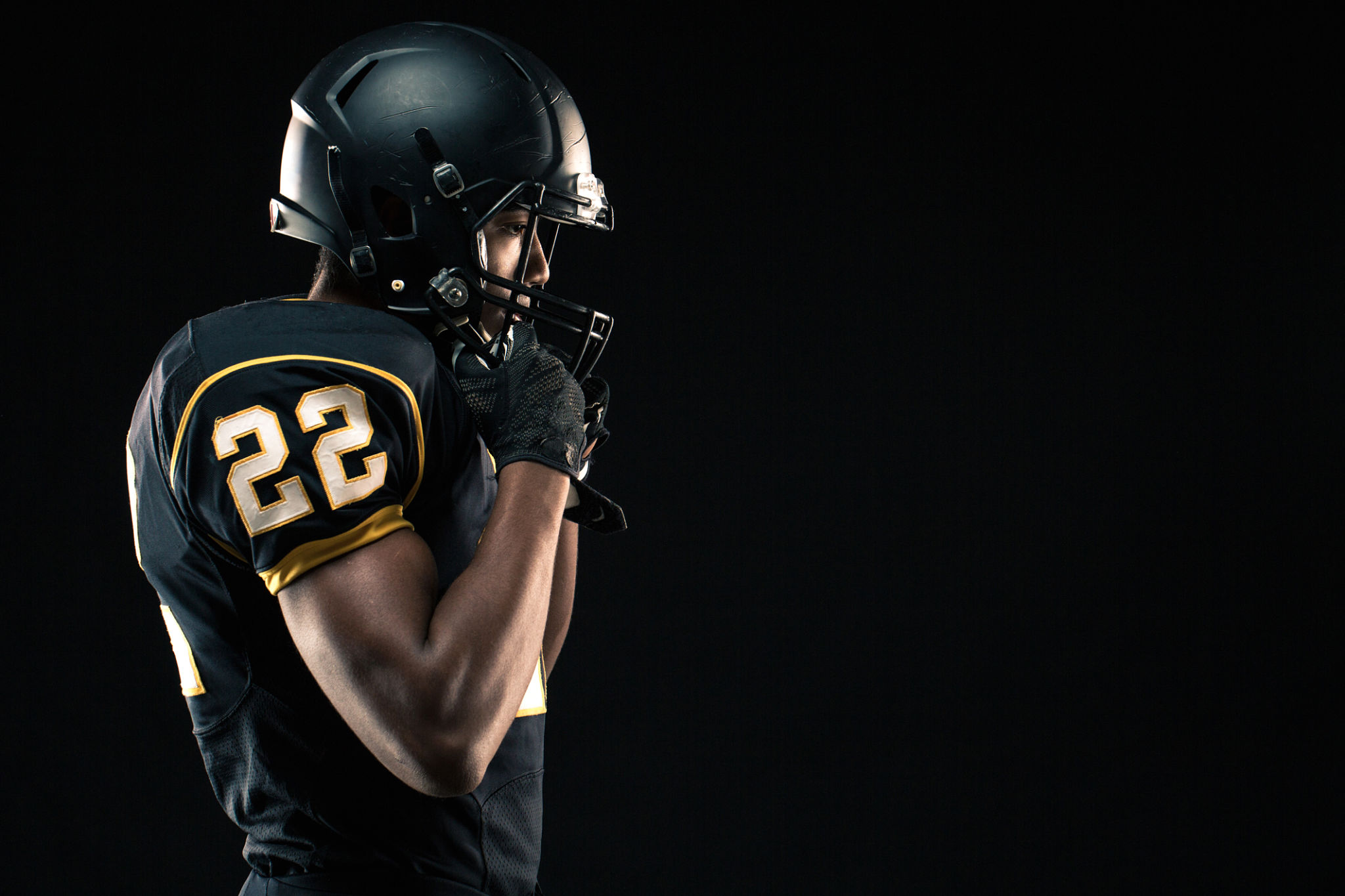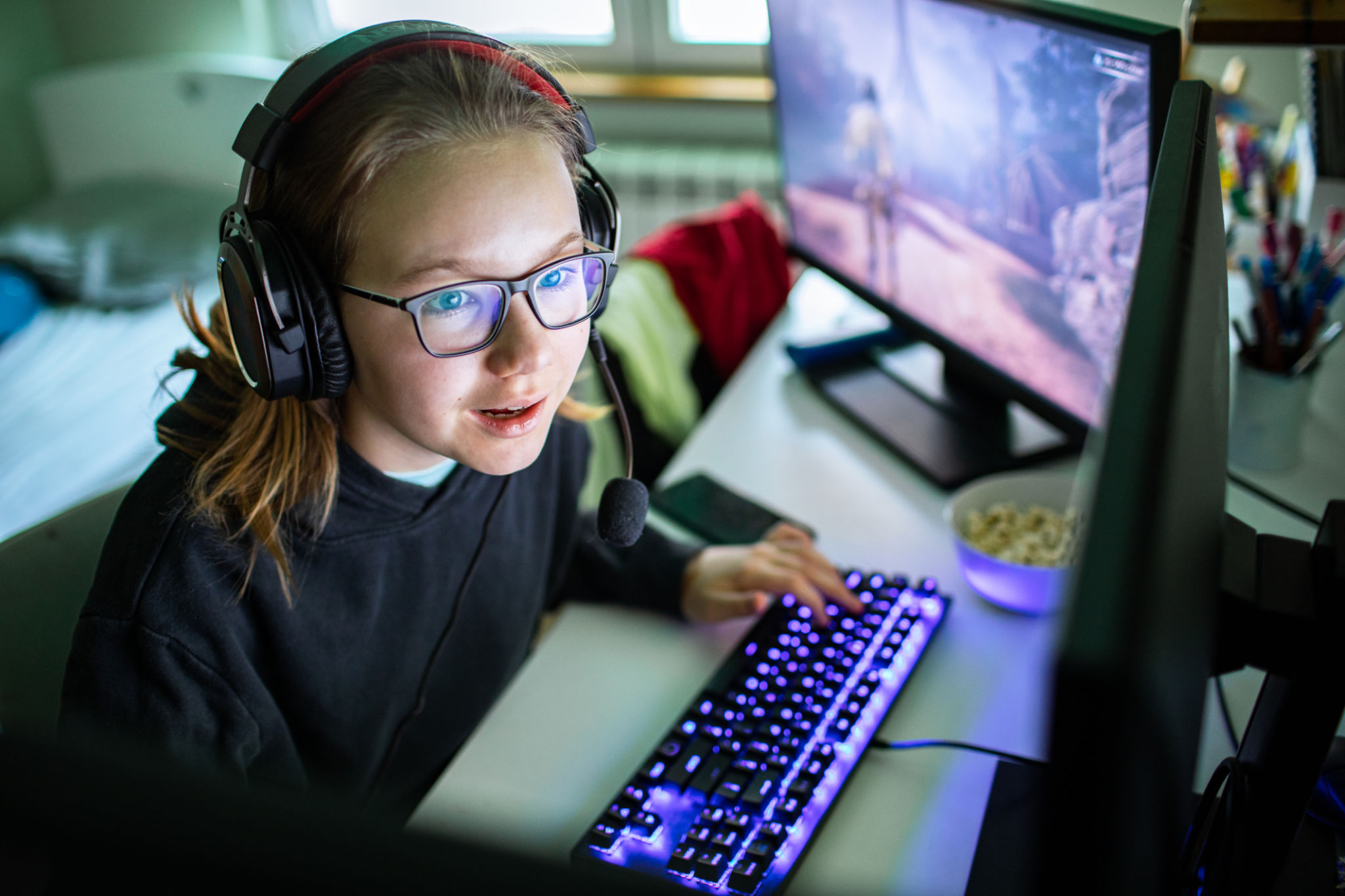Exploring the Latest Trends in Athlete and Esports Representation
Understanding Athlete Representation
The world of athlete representation has evolved significantly over the years. Today, it goes beyond negotiating contracts and endorsements. Modern representation involves a holistic approach, focusing on brand building, personal development, and digital presence. Agents are now tasked with ensuring athletes maintain a positive public image while also maximizing their earning potential.
One of the latest trends in athlete representation is the integration of data analytics. By leveraging data, agents can provide insights into performance metrics, audience engagement, and market trends. This allows athletes to make informed decisions about their careers and endorsements.

The Rise of Esports Representation
Esports has become a multi-billion-dollar industry, and with its rise, the need for professional representation has grown. Esports athletes require guidance similar to traditional sports athletes, including contract negotiations, brand partnerships, and career management. However, esports representation also involves understanding the nuances of gaming culture and online platforms.
A significant trend in esports representation is the focus on content creation. Many esports athletes double as content creators, streaming their gameplay to millions of fans worldwide. Agents help manage these dual roles, ensuring that their clients can capitalize on both competitive gaming and content revenues.

The Importance of Brand Building
For both traditional and esports athletes, brand building is crucial. A strong personal brand can lead to lucrative endorsement deals and long-term career sustainability. Representation agencies now offer services that include social media management, public relations strategies, and personal branding workshops.
Brand building extends beyond just social media presence; it involves creating a narrative that resonates with audiences. This might include philanthropic efforts, lifestyle content, or collaborations with other influencers. The goal is to create a distinctive brand identity that aligns with the athlete's values and interests.

Leveraging Social Media and Digital Platforms
Social media has become a powerful tool for athletes to connect with fans and build their brands. Platforms like Instagram, Twitter, and TikTok offer direct communication channels that were previously unavailable. Representation agencies are now developing strategies to optimize these platforms for engagement and monetization.
Digital platforms also allow athletes to diversify their income streams through merchandise sales, sponsored content, and exclusive memberships. Agents work to secure partnerships that align with their client's brand and audience demographics. The aim is to create a sustainable revenue model that supports the athlete's long-term goals.

Future Trends in Representation
Looking ahead, the landscape of athlete and esports representation will continue to evolve. One potential trend is the increased use of virtual reality (VR) and augmented reality (AR) in fan engagement. These technologies offer immersive experiences that can enhance an athlete's brand and provide new opportunities for sponsorships.
Additionally, as the line between traditional sports and esports continues to blur, representation agencies may begin developing hybrid strategies that cater to both markets. This could lead to innovative approaches in marketing, fan interaction, and digital content creation.
The future of athlete and esports representation is bright, with endless possibilities for growth and innovation. As the industry continues to innovate, both athletes and agents will need to adapt to stay ahead of the curve.
